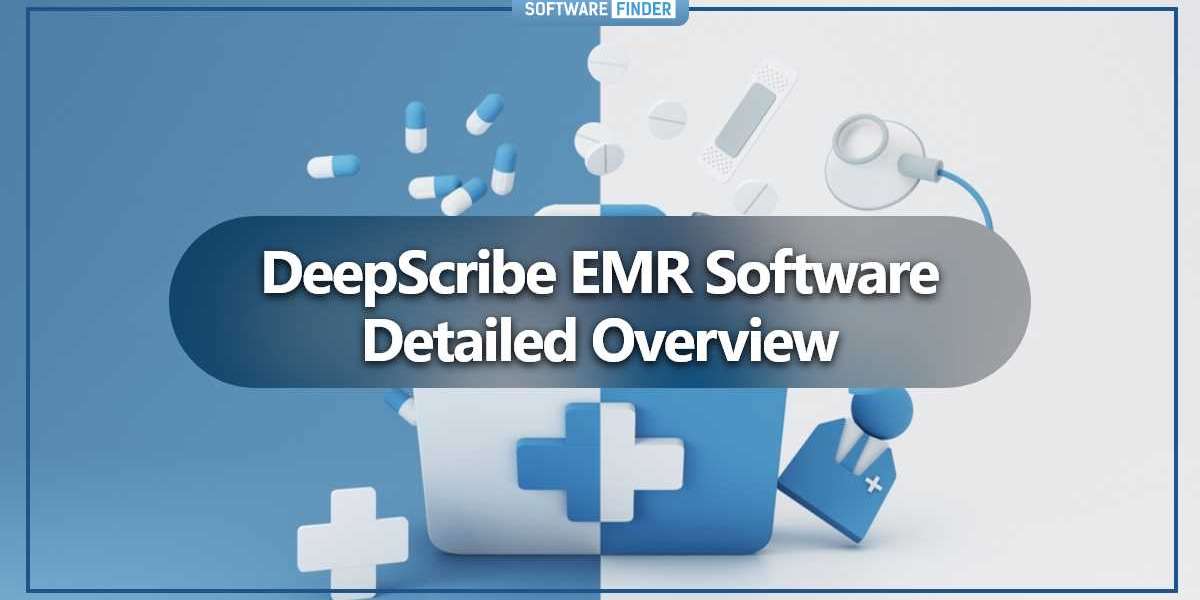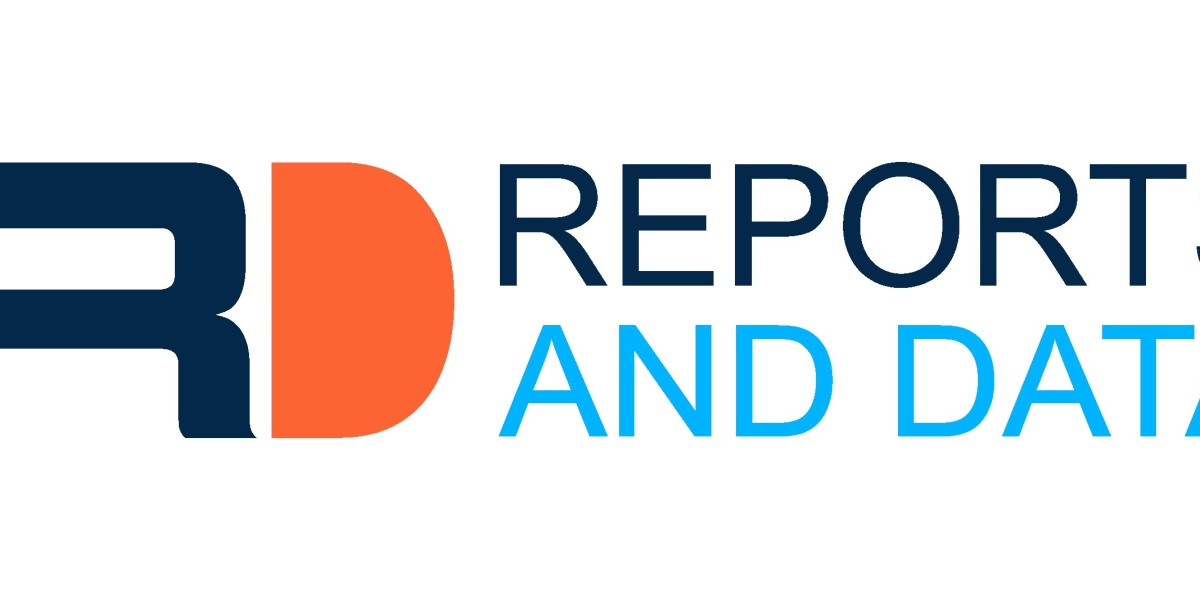The company believes that "note-taking shouldn't hinder compassionate care." Its AI scribe listens to patient interactions and extracts medically relevant information, summarizes it into complete notes, and integrates them into appropriate fields in the EHR. The AI-powered scribe of DeepScribe, however, utilizes ambient listening and natural language processing to extract medically relevant information from a clinician’s conversation with a patient.
It has hundreds of integrations with major EHRs including Claim Power, Elation, Advanced MD, Practice Fusion, and Athenahealth. It also enables de-identified patient data for privacy protection during file sharing.
AI-powered Medical Scribe
DeepScribe EMR Software is an innovative technology that produces accurate, HIPAA-compliant medical documentation directly within a clinician’s electronic health record system. It uses AI and natural language processing to capture the natural conversation between a clinician and patient and creates comprehensive notes, allowing physicians to focus on patient care instead of documenting.
Doctors who use DeepScribe report saving an average of 15 minutes per encounter. That translates to over 3 hours saved a day, which can be used for more patient care or administrative tasks.
While the healthcare industry is in the midst of a revolution with AI and voice-based technology, one area that is getting a lot of attention is the struggle with medical documentation. Companies like Suki, Nuance (now part of Microsoft), and MModal are all in the midst of trying to improve this process through their respective technologies.
Some of these technologies rely on a human or virtual medical scribe to take notes during patient visits or dictate notes between patients and after hours. Other solutions, such as Ambient Clinical Voice, rely on technology to transcribe notes from the natural conversation between a patient and a clinician.
The AI-powered scribe of DeepScribe, however, utilizes ambient listening and natural language processing to extract medically relevant information from a clinician’s conversation with a patient. This enables the scribe to filter out any small talk and transcribe only medically relevant information.
This technology is 30% more accurate than dictation tools, which means it saves doctors over three hours a day in paperwork. In addition to being more efficient, it also costs less than a human scribe.
With robust training models, a full QA team, and in-depth difference analysis, DeepScribe’s AI-powered medical scribe is always learning and improving. This ensures that notes produced by the AI-scribe are reliable and consistent, ensuring the highest quality of care.
AI-powered Medical Transcription
One of the best features of DeepScribe EMR Software is its AI-powered medical transcription feature. It helps doctors save time by automatically transcribes and summarizes natural patient-doctor conversations into compliant notes in their EHR.
This technology is part of a growing movement that uses NLP (natural language processing) to help doctors manage their clinical documentation more efficiently. It also alleviates clinician burnout by helping them reduce their EHR burden and focus on patient care instead of tedious documenting tasks.
The healthcare industry is a perfect fit for NLP, as it generates a lot of unstructured text data that is used by a variety of software systems. These systems use AI to derive meaning from this data and create valuable insights.
NLP is a branch of artificial intelligence that uses linguistics, statistics, and machine learning to create computers capable of understanding human speech. It also enables systems to derive meaning from unstructured text, such as a patient’s name, age, and financial information.
Voice recognition is a type of NLP that uses AI to read and convert spoken words into written text on a computer screen. It’s a popular technology that’s making waves in the medical field, as it helps break down communication barriers for people who are deaf, blind, or have limited language skills.
DeepScribe is an ambient voice AI platform that records natural conversations between patients and their doctors, transcribes them and summarizes them into notes in real time. It then sends those notes to the right parts of a doctor’s EHR.
According to its founders, Bapu Ko and Yueyan Li, the AI-scribe can help doctors and their staffs save up to three hours a day by eliminating manual note taking. It also lets them choose the length and style of their notes, so they can customize them to match their own conversation styles, preferred phrasing, and writing preferences.
AI-powered Scheduling
The AI-powered scheduling feature of DeepScribe EMR Software helps providers schedule appointments with patients and sync them to the EHR. It also eliminates the need for a human scribe, saving providers an average of 15 minutes per visit.
During clinical visits, DeepScribe automatically records the patient exam by using ambient voice technology. The notes are then transcribed and show up within an hour in the DrChrono EHR, and providers can review and sign off on them.
Doctors can also use DeepScribe to transcribe and document remote telehealth video visits from their offices. This feature is a great way for providers to provide care to patients who may otherwise not have the time or resources to come in-person.
A growing number of healthcare organizations are implementing scribe technology to help alleviate the burden of documentation in their practices. Some doctors at Massachusetts General Physicians Organization, for example, have saved up to two hours per clinical session.
Another solution is Nimblr, which provides a scheduling assistant that automates patient communication. Known as Holly, the AI-powered assistant emulates a human aide and helps doctors keep their schedule in sync with patients like medisoft.
Additionally, the company offers an AI-powered waitlist management solution that allows health systems to reschedule appointments and fill canceled slots. This AI-powered approach ensures zero waste scheduling and capacity optimization.
The company also provides an EHR integration and an API for developers to create applications that connect with its platform. These tools will enable medical practices to streamline their operations and achieve the goal of improving patient access to care.
In addition to these solutions, the company also offers a telehealth platform that integrates with DrChrono EHR to allow for virtual visits. This will allow eyecare professionals to meet with their patients online and receive prescriptions delivered directly to their homes.
AI-powered Appointment Reminders
Keeping patients informed about appointments is a key element of any good EMR software. The best appointment reminders software will be able to automatically send reminder messages to patients at preset times before their appointments through email, phone call or text message. It should also be able to allow them to update their schedule if any changes are made.
Appointment reminders can help decrease no shows and increase repeat business. This can result in lower rescheduling fees and higher profitability for healthcare practices.
The AI-powered appointment reminders feature of DeepScribe EMR Software is a great way for healthcare practitioners to automate their scheduling and reduce no-shows. This feature is especially useful for busy practitioners, and it can significantly improve the overall patient experience and satisfaction levels in a practice.
DeepScribe is an intelligent medical scribe that enables physicians to focus on patient care by automating the note-taking process during a clinical visit. The app automatically captures the natural conversation between a doctor and patient and prepares a fully-prepared medical note, then integrates it into their health record system.
It’s a highly efficient and effective tool that saves doctors an average of three hours a day. This is because DeepScribe can accurately transcribe the natural dialogue between a physician and their patient without interrupting or interfering with the clinical visit.
The company’s AI-scribe continuously gets smarter by listening to a physician’s conversation style and phrasing preferences, then learning how to better understand and interpret patient speech. This makes it easier for doctors to get a comprehensive understanding of their patients’ medical histories and needs.
It is important to choose a reputable medical EMR software that is certified by an ONC-Authoritative Testing and Certification Body (ONC-ATCB). This will ensure that the software meets Meaningful Use standards for patients’ health records and is HIPAA compliant.
AI-powered Patient Portal
The AI-powered patient portal feature of DeepScribe EMR Software enables physicians to save a lot of time and effort while communicating with patients. The platform captures natural conversations between patients and clinicians, transcribes them in real time and automatically writes notes in a physician’s electronic health record system.
The software’s AI scribe continuously gets smarter by listening to the doctor’s conversational style and learning about their preferred phrasing and writing preferences. It then uses a machine-learning algorithm to identify medically relevant information in the conversation and generates summaries that doctors can easily review in their EHR.
Unlike other solutions, DeepScribe’s AI scribe works silently and doesn’t disrupt a clinician’s normal clinical workflow. It also helps reduce the stress of taking notes during a visit, which is a major cause of physician burnout.
It’s the first ambient AI medical scribe that automatically summarizes the natural dialogue between doctors and patients without interrupting their visit or intruding on their professional lives. It’s affordable, easy to use and delivers out-of-the box accuracy that equals or surpasses the performance of human scribes.
In the face of a rapidly changing healthcare landscape, AI tools are being deployed to address numerous pain points and challenges. For example, they have the potential to reduce unnecessary hospital admissions, such as inpatient mortality and sepsis.
However, the success of these tools will depend on the extent to which they are accepted by providers and their organizations. They will need to be able to overcome provider hesitancy and tap into positive sources of fulfillment for them, such as facilitating professional pride, autonomy, and security; reassessing or expanding their scope of practice, or augmenting their sense of proficiency and mastery.








